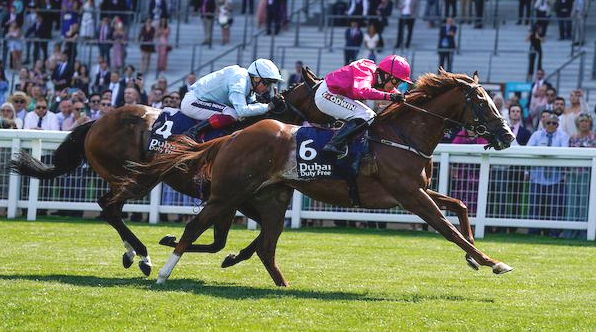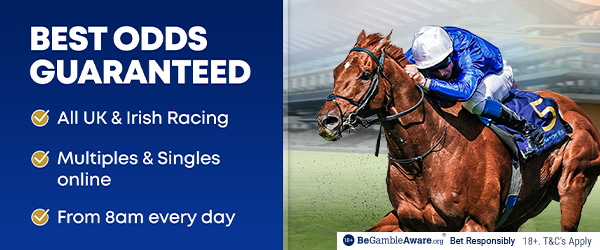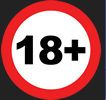 |
RacingBetter News |
| Friday 12th August 2022 | |
Horse Racing Bankroll Management Tips to Get Your Betting Career Going

If you ask any professional gambler what the most important aspect of horse racing betting is; more often than not, the answer would be the bankroll. Yes, it's not the most exciting topic in horse racing betting, but it's certainly one of the most important.
Your bankroll is your lifeline in horse racing betting, and if it runs out, you can say goodbye to your betting career, or worse, you're going to dip your hands into your savings, which is a bad idea.
What is a Bankroll?
The bankroll is the money you're willing to put into your horse racing betting career. The amount you can put on your bankroll depends on you, but when establishing it, you have to make sure that it's money you're okay with losing.
If the money you put in it should be used for other important financial matters, then take it out. You don't want to lose money for something important. So how do you maintain it?
Stick with Your Budget
Now, you can't just slam wads of cash in every race you see. Before you go to the races, you have to create a budget first and try to stick with it religiously. Yes, this tip might seem basic, but you'll be surprised how many people whisk away their money without care.
They may be just betting for fun or straight-up reckless, but the important thing here is that you should create a budget to maintain your bankroll. You can opt to create a budget for every day you'll spend in the races, or you can also make it monthly.
After that, don't exceed your budget, or your bankroll won't even last a few months.
Bet Sizing
Now that we have a budget, how much exactly do you have to put in every bet you make? This is a common question but a good one. Generally, experts recommend only putting 5% of your bankroll in every bet. For example, if your bankroll has $100, you must not exceed $5 on every bet you make.
You can even do it further and spread your $5 on a single race on multiple horses. For example, you can allocate $2 for horse A, $2 for horse B, and a dollar for horse C. If you're feeling lucky, you can allocate $10 for a single race and no more than that.
Try to stick to the percentages as your bets will increase if your bankroll increases.
Find Value
It’s common to see bettors using speed and time to rate horses to find value. This one is a no-brainer, but it's a lot more complicated if you don't have the proper knowledge for it. Essentially, finding value means that you'll have to get acquainted with the odds.
For example, if you like betting on horses with odds of 3/1 or lower, then betting $2 on it would seem like a good idea. However, does this negate losses to your bankroll? Not really, but it will reduce your chances of emptying your bankroll.
On the other hand, let's say that you like to bet on long shots like 10/1 or 20/1. Betting for more than a dollar at most would quickly empty your bankroll in just a few races. In short, you should only wager on bets based on your bankroll. The middle ground for this is finding value, which is a lot more complicated to think about as you need the experience to do that.
Avoid Betting on Every Race
Not all races are created equal, and that's a fact. Some races have no value to find. As we mentioned earlier, you should only find value bets; sometimes, there will be races with no value. However, one thing we can tell you is that sometimes, there are races with false favorites.
These favorites have artificially jacked up odds to entice people into betting on these horses. However, with only quick research, you'll immediately know that it has no potential to win the race.
Set Your Rules of Engagement
Now that we know which races to bet on and how much money to put in a race, how do you approach it? If you're quite new, you can start with the basic types of bets like the show, win, and place bets. They are a good start, but if you already have some experience, you can proceed to exotic bets like exacta, trifecta, or pick 3.
Try to plan out your rules of engagement so you don't have to be confused when it's to place your wagers.
Final Words
Bankroll management may not be the most exciting topic, but it's one of the most important. To a better, bankroll is your lifeline, so prolonging it as soon as possible should be the first of your priority. However, it's not enough to prolong it; you also have to try and grow it as much as possible. Be patient and always make smart decisions.







